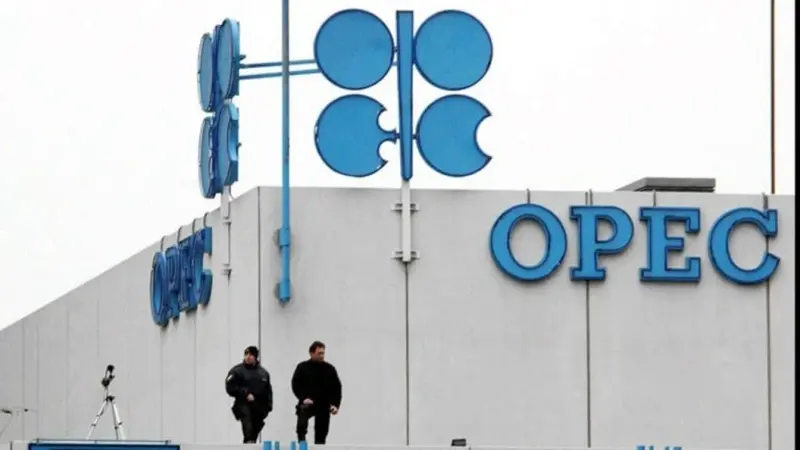
Having flirted with a scenario which felt similar to four years ago, when OPEC’s failure to act exacerbated a crash in oil prices, the producers’ cartel looks to have come through with an agreement to cut output.
This is leading to a surge in oil prices with conflicting reports suggesting OPEC and its non-OPEC allies, principally Russia, would take up to 1.3 million barrels of oil per day (bopd) out of the market.
This is feeding through to the UK’s oil majors BP (BP.) and Royal Dutch Shell (RDSB) which are up 3.5% to 520.8p and 3.7% to £23.88 respectively.
Their weighting in the FTSE 100 is helping to shore up gains for the index which is now 1.9% higher at 6,828.58.
Reports suggest OPEC is targeting a cut of 800,000 bopd for itself and for its allies to cut 400,000 bopd. Earlier in the day Russia agreed to cut 200,000 bopd.
Brent crude, the international benchmark for oil, has fallen from around $85 per barrel in early October to less than $60 per barrel and is currently trading at around $63 per barrel.
Prices have been affected by a less severe than expected impact on Iranian production from renewed US sanctions, after the US agreed waivers which were more generous than expected.
It has also been caught up in a wider sell-off of riskier assets including equities as concern has grown over the impact of trade tensions on the global economy.
Back in December 2014 did not cut output, despite falling prices, in an ultimately fruitless attempt to squeeze US shale producers out of the market. Instead these shale producers became more efficient and the oil price more than halved.




